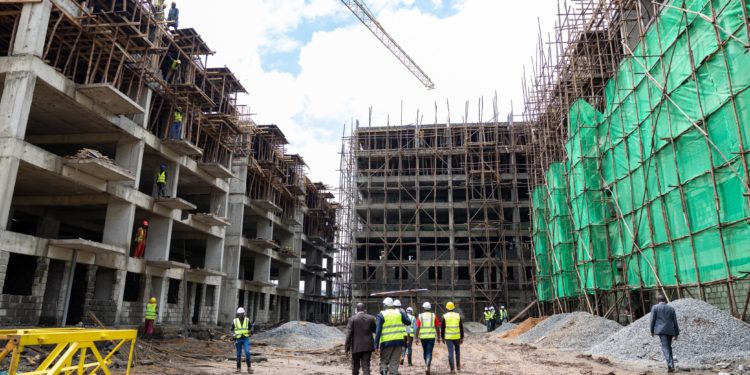A recent report by Cytonn Investments has highlighted major gaps within Kenya’s affordable housing agencies, stating they face challenges that hamper their effectiveness. The research calls for initiatives to address these gaps, including establishing a dedicated developer support agency.
“The most significant gap lies in the absence of support or funding for developers on the supply side,” the report asserts. “We propose establishing an agency focused solely on facilitating developers and the supply side, mirroring KMRC’s exclusive focus on the demand side.”
The report closely analyzes agencies like the National Housing Corporation (NHC), whose core mandate it describes as “ambiguous”, despite an expansive formal mandate. It states the NHC faces financial constraints, land acquisition delays, fraudulent housing allocations and stalled IT upgrades.
“The National Housing Corporation’s (NHC) mandate covers approximately 15 diverse areas…However, the core mandate remains ambiguous. Although the mandate appears to emphasize lending upon initial review, the actual focus appears to be predominantly on construction activities. This discrepancy highlights a notable gap in clarifying NHC’s primary mission and priorities,” the report says.
It also examines gaps in the nascent real estate investment trusts (REITs) market, regulated under the Capital Markets Authority (CMA).
“The very high minimum capital requirement for trustees at Kshs 100 million discourages greater participation. As a result, there is limited number of four trustees currently operating in Kenya,” the report highlights.
The analysis covers gaps in the Affordable Housing Bill 2023, calling for clarity on informal sector compliance, a clear housing eligibility framework and less punitive penalties for non-compliance.
“There is a no clear roadmap presented detailing how the government will ensure compliance of individuals operating in the informal sectors with regards to the Housing Levy,” it states.
To address gaps at the National Housing Corporation (NHC), the report recommends “focusing primarily on enabling the supply side by supporting developers rather than developing.”
It suggests regulatory changes to boost REITs, like “eliminating minimum capital requirements for Real Estate Investment Trusts (REITs), mirroring the strategy employed in the United States.”
Regarding the Affordable Housing Bill 2023, it advises the government to “provide a structure on how to onboard people from the informal sector.”
The report lauds some agency achievements like Kenya Mortgage Refinance Company (KMRC) successfully issuing its first bond but says even stellar performers like KMRC face “increased credit risk evidenced by a high number of Non-Performing Loans (NPLs).”
Cytonn emphasizes affordable housing remains a pressing priority, stating “there remains a substantial gap within the housing sector that demands joint efforts from all stakeholders.”
The report concludes “a thorough re-evaluation of housing agencies is necessary to streamline mandates and minimize fragmentation of responsibilities. These measures are vital steps toward realizing the nation’s housing agenda.”


















